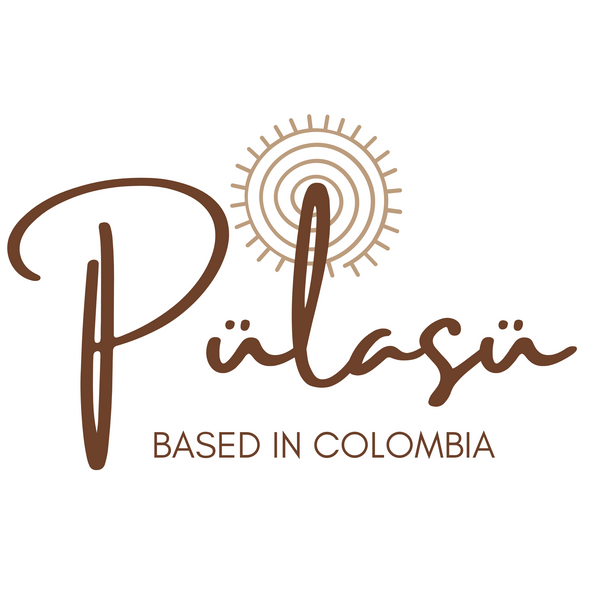Pülasü's main focus is to show everyone the work of amazingly talented artisans, pattern makers, and designers we collectively work with. Their unique pieces of handmade art are not fast-fashion "products". Instead, these are creations that take time with hands that continue long-held traditions passed down from generation to generation. With this in mind, I have decided to open a shop with two specific focuses: to preserve the many Colombian Indigenous practices and financially contribute to the cultures themselves so they can be consistently empowered.
For many Indigenous artisans (especially women) in Colombia, it is nearly impossible to gain a livable wage while competing at an economic level with other local businesses. This leaves them with the unfortunate decision of having to undersell their crafts and do so under harsh working conditions by moving to nearby cities. Because of this change that directly affects their living situation and cultural traditions, the knowledge of their languages, craftwork, and ancestral teachings are in danger of not being passed down to future generations. This is why we directly support and buy from artisans at an honest price and make it a priority to teach the meanings behind these special pieces. I have--and always will--promote fair wages when working with the artisans.
And negotiating prices? We've never heard of that.
Whatever an artisan asks for, is what we rightfully pay them.
Did you know we pay 25-35% above market price for our Wayuu mochilas? It's crazy how earning a fair wage can be life-changing for most people, especially those who make a living with their hands. It allows for families to put enough food on the table and buy basic necessities while having the ability to save up for other personal needs and future ventures (like a house). Overall, money is kept in the local economy and used to improve their communities; whether it be for educational purposes, cultural workshops, food drives, and more. In return, communities are able to thrive, grow financially, and keep their cultural practices alive.
